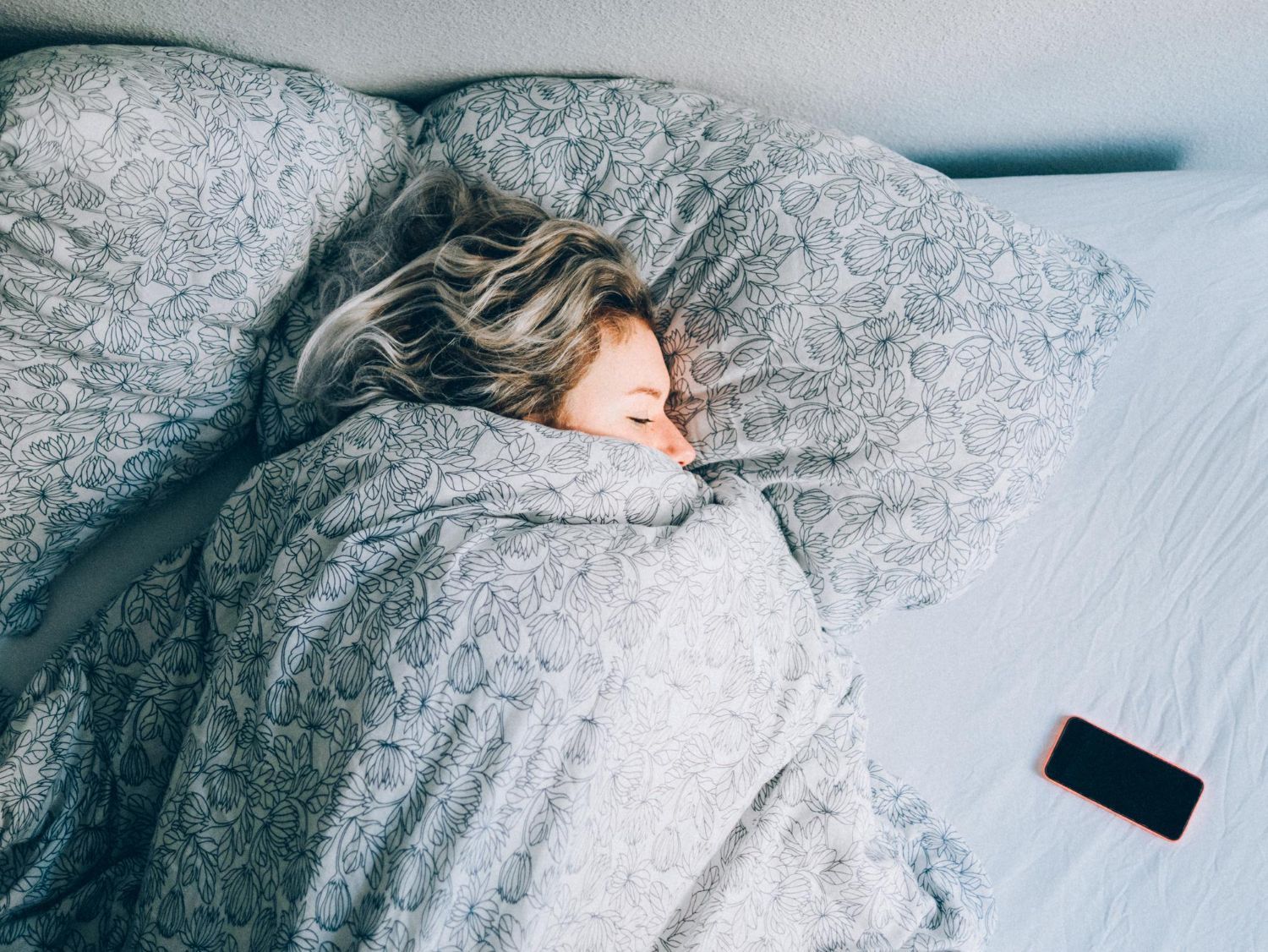Does Cold Weather Make Snoring Better or Worse?

Snoring is a common nighttime nuisance that can disrupt sleep for many people and their partners. But did you know that weather conditions could potentially influence how much you snore? Some notice changes in their snoring habits depending on the season, leading to the question: Does cold weather make snoring better or worse?
Understanding how the crisp air of winter might play a role in your snoring could be the key to improving sleep quality. Dr. Fox, a prominent figure in dental sleep medicine in Harrisburg, offers insight into this seasonal phenomenon. By exploring how cold weather could potentially impact snoring, it becomes much easier to navigate strategies that promote better sleep.
How Cold Weather Can Affect Your Snoring
The chilly months bring their share of unique challenges for those suffering from snoring. Here's a look at how breathing gets influenced when it's colder:
- Cold air tends to be drier, which can irritate the airways, making them swell. This irritation might worsen snoring as the airflow passage narrows.
- Many respiratory infections, like the common cold and flu, are more prevalent during winter. These illnesses can lead to congestion and blockages that make nighttime breathing more difficult.
- Indoor heating systems, often used during colder months, tend to dry out the air even more. This dryness can lead to inflamed nasal and throat tissues and further restrict airflow.
Dr. Fox suggests that if you notice increased snoring during the chilly season, these factors might be worth considering. Taking steps to maintain moisture in the living areas could help. Using a humidifier at night or keeping windows slightly open might regulate the air quality, easing nasal passages and minimizing snoring.
While cold weather presents several snoring challenges, understanding these factors helps prepare better strategies. Recognizing the role humidity and air quality play is a good starting point for achieving restful nights during the colder days.
Benefits of Cold Weather on Snoring
While cold weather can pose certain challenges, it may also offer unexpected benefits when it comes to snoring. One of the key upsides relates to the reduction of allergens. During winter, many outdoor allergens like pollen are less prevalent, which can result in fewer allergies and clearer breathing. This might mean that for some individuals, winter snoring could lessen as the environmental triggers decrease.
Cooler temperatures in the bedroom can also work in your favor. Many people find that they sleep better in a slightly cooler room, as it can promote deeper sleep. Sometimes, simply adjusting the thermostat or using a fan to circulate air can lead to a more restful night. Dr. Fox often highlights these simple environmental tweaks as they can make a notable difference for those suffering from disrupted sleep.
Additionally, there are stories of individuals who notice their snoring subsides during the colder months. Though these are anecdotal accounts, they suggest that for some, winter might offer a reprieve from summertime snoring woes. Every person is unique, so these changes vary widely from one person to another.
Practical Snoring Solutions in Pennsylvania During Cold Weather
Managing snoring during the winter requires some practical strategies to minimize its effects. Here are a few suggestions that can be helpful:
- Use a Humidifier: Adding moisture to the air can ease irritation in the nasal passages and throat, making breathing easier.
- Stay Hydrated: Drinking plenty of water throughout the day keeps the airway tissues well-lubricated and can reduce dryness.
- Adjust Sleeping Position: Elevating the head slightly can prevent airway blockages and reduce snoring.
- Keep the Bedroom Cool: Lower temperatures may enhance sleep quality without leading to dry air issues.
Dr. Fox often advises considering these tactics if snoring becomes more troublesome during the colder months. They provide a simple starting point for improving sleep, with or without external help.
When to Seek Professional Help
Sometimes, snoring persists despite trying these practical solutions. If you find the issue is affecting your health or causing significant disruption, it might be time to reach out for professional assistance. Recognizing signs of a more serious condition like sleep apnea is important. Frequent interruptions during sleep, gasping for air, or noticeable breathing pauses are red flags that shouldn’t be ignored.
Dr. Fox can provide a more personalized solution if these symptoms appear regularly. Her approach considers individual circumstances to identify effective treatments. Understanding when to consult a doctor ensures you address potential sleep disorders before they escalate into larger health issues.
Preparing for a Snore-Free Winter
Reflecting on the factors discussed, paying attention to how cold weather changes your surroundings can help you manage snoring effectively. Whether it's adjusting your indoor environment or seeking guidance, each step plays a role in promoting better sleep. Wintertime offers a chance to address sleep patterns, and being attentive to these shifts can yield a more peaceful rest.
Though the chill of winter introduces unique challenges, focusing on optimizing your sleep environment and understanding when to seek help can set the stage for snore-free nights. Dr. Fox is available for those needing that extra assistance to ensure their sleep is as restorative as possible during these cold months.
If you're looking for ways to ease snoring during the colder months, exploring snoring solutions in Pennsylvania can be a helpful first step. Dr. Fox at Pennsylvania Dental Sleep Medicine offers personalized care to help you breathe easier and enjoy more peaceful sleep this winter.


